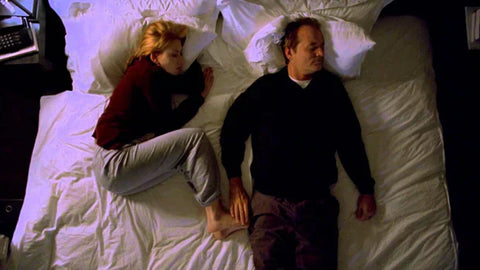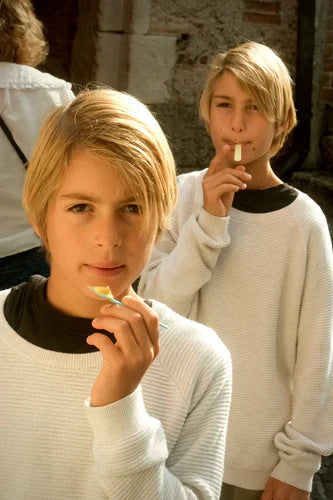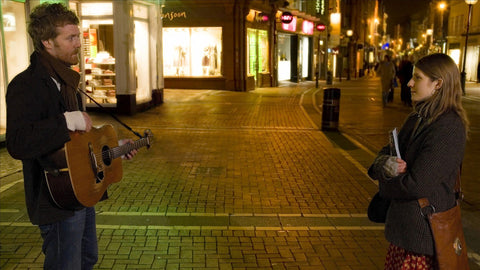
I’ve lost count of how many times I’ve watched Lost in Translation. If I made a point of watching it every time I visited Tokyo, I’d have seen it at least five times, with another two or three viewings back home in Hong Kong.
Tokyo is one of my favourite cities, a place that’s given me countless happy memories – and a peculiar curse. The first time I visited, it was with my mother. That evening, after watching Lost in Translation, I suddenly felt that my then-boyfriend wasn’t quite right for me. The same thing happened during my second trip to Tokyo. By the third visit, the difference was that I already knew the ending before I’d even left for the airport.
When I used to watch the film, I found the wandering romance of the protagonists in Tokyo captivating. Certain lines stayed with me, as did the overall sense of bewilderment that mirrored my own feelings at the time. But this time, on rewatching it, I felt a deeper, more grounded connection to the story.
Take the scene where Charlotte and her husband, John, bump into his celebrity friend Kelly in the hotel lobby. Kelly jokes that her alter ego is Evelyn Waugh, and after she leaves, Charlotte quips that Evelyn Waugh was a man. John quickly defends Kelly, brushing off Charlotte’s comment and calling her cutting. I never paid much attention to this exchange before, but now it strikes me as painfully real.
Charlotte, with her philosophy degree and her intellect, could easily have held her own in that moment. She’s not short on personality, either. But she chooses peace over confrontation. Throughout her interactions with John, she rarely expresses her true feelings, save for that one moment when she asks Bob to stay instead of going off to work. He doesn’t, of course.
With Bob, though, Charlotte is different. She’s natural. When she wants to smoke, Bob lights her cigarette. When she speaks, he listens and offers thoughtful responses. When she feels like acting silly, Bob indulges her whims with an unspoken understanding.
A friend of mine once remarked, while watching the film together, that Bob’s problems were nothing more than “happy troubles.” He has a loving family, a dream career – what’s there to complain about? But now I see it differently. Bob isn’t truly happy. His 25 years of marriage have diluted both love and youth into the banalities of daily life: kids, carpet colours, the kind of tedium that breeds quiet resignation.
The scene that resonates with me most deeply is their quiet conversation in bed. Charlotte admits she doesn’t know what to do with her life. She’s tried writing but hates her words, tried photography but finds her work unremarkable. Then she asks Bob, almost pleadingly, “Does marriage get easier?” His reply is as cold as it is honest: “That’s hard.”
And Tokyo… I suppose I should mention Tokyo Tower. On a trip last year, I told him, “They say couples who watch Tokyo Tower’s lights turn off together will stay together forever.” We went to a bar with a view of the tower, waiting for midnight. But the lights didn’t dim. They stayed brightly lit, even switching to a colourful display that night. Growing impatient, he asked the server when the lights would go out. “Maybe three or four in the morning,” they said. In the end, he gave up.
Tell me, if he had waited just a few more hours, would things have turned out differently?
“You’ll figure that out.”
“Keep writing.”
“You’re not hopeless.”
In uncertain times, these words from Bob and Charlotte feel like a small balm, a fleeting comfort.
Let’s play Racoon Racoon’s Our Love’s Funeral.


